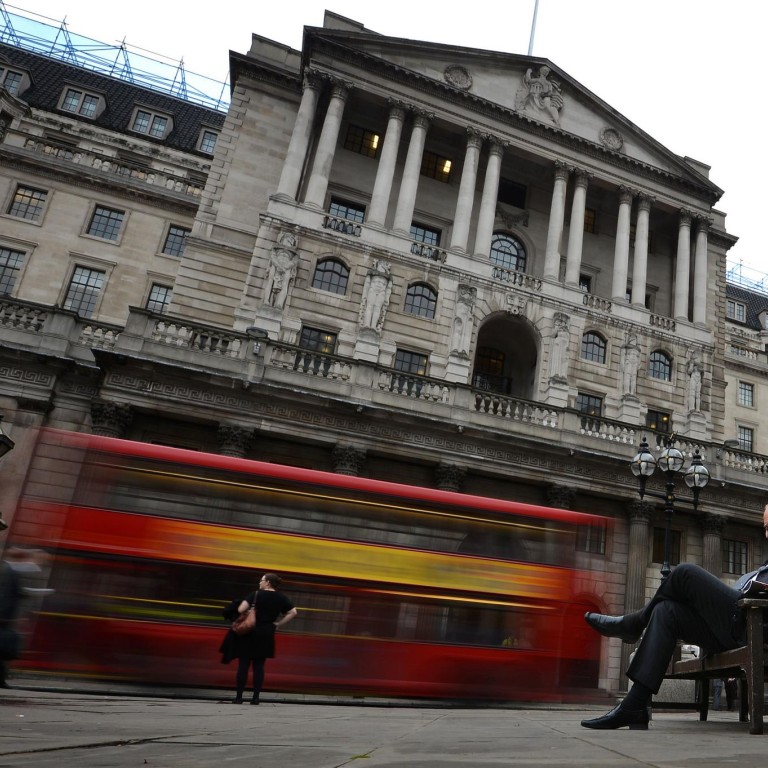
Bank of England opts for cautious approach on housing market
Housing price surge causes concern but the central bank is expected to take gradual action to cool the market under new financial rules
The Bank of England's starkest warning so far about Britain's booming house prices is likely to be followed by cautious measures, possibly as soon as next month, as policymakers test out their new powers.

Two other senior officials expressed similar worries when quizzed by lawmakers last week.
The focus is squarely on the June 17 meeting of the central bank's Financial Policy Committee, which was set up to prevent a repeat of the kind of recklessness in the banking sector that helped push Britain into a damaging recession.
A year ago, the committee gained sweeping but largely untried powers to curb excesses in the financial sector.
One option the central bank has ruled out for now is a rise in interest rates, as it does not want to derail a recovery that is more fragile in other parts of the economy.
Instead, it may require banks to check that new borrowers could cope with much higher interest rates, make banks hold more capital against certain types of mortgages, or urge caps on how large mortgages can be compared to a borrower's income.
As the Bank of England gets to grips with its new "macroprudential" tools, it probably wants to start gradually on cooling the housing market, and one piece of data it released last week helps explain why.
Mortgage approvals in March sank to a six-month low, having hit their highest level since late 2007 in January.
Banks were already starting to implement rules which came into force last week, requiring them to make much more detailed checks on prospective borrowers' income and spending than before the crisis.
"In effect, we saw an interest rate increase with the mortgage market reforms," said Andrew Milligan, the head of strategy at Standard Life Investments.
Banks now need to spend about two hours interviewing each mortgage applicant - far longer than was common before - likely creating a bottleneck in approvals as well as restricting the number of eligible borrowers, Milligan said.
But the scale of the impact is something that neither he nor the Bank of England can judge easily.
This means the central bank is likely to want to take more action soon to stop the housing market running away with itself, but of a relatively limited scale so that it can get a sense of the impact of its new tools.
"The BOE is unlikely to stamp a size-10 boot down on the housing market," said Rob Wood, a chief economist at Berenberg Bank. "If the central bank does not know how powerful its tools are, it is unlikely to start with them on full power. Rather, it will gradually ratchet up the pressure."
Prices outside London are still several per cent below pre-crisis peaks, even before adjusting for inflation, and transaction levels have not recovered either.
Macroprudential measures also will not solve the underlying shortage of new homes.
The Bank of England is acting as a trail-blazer for other major central banks, which see the need to keep a grip on lending as one of the lessons of the financial crisis.
The European Central Bank is slowly getting drawn into regulation as the euro zone creates a banking union. Regulatory responsibilities in the United States are spread across more bodies than just the Federal Reserve.
In setting policy, the Bank of England is likely to look past eye-catching headlines such as news that a single flat in London sold for a record £140 million (HK$1.83 billion).
It is less worried about cash purchases in central London by the world's super-rich than about preventing a rapid growth in the exposure of lenders to mortgages, which in a worst- case scenario could put at risk banks' ability to lend to businesses and require further taxpayer bailouts.
For now, net mortgage lending growth has been modest - at about 1.5 per cent a year. A 40 per cent increase in gross lending has been largely cancelled out by mortgage repayments.

